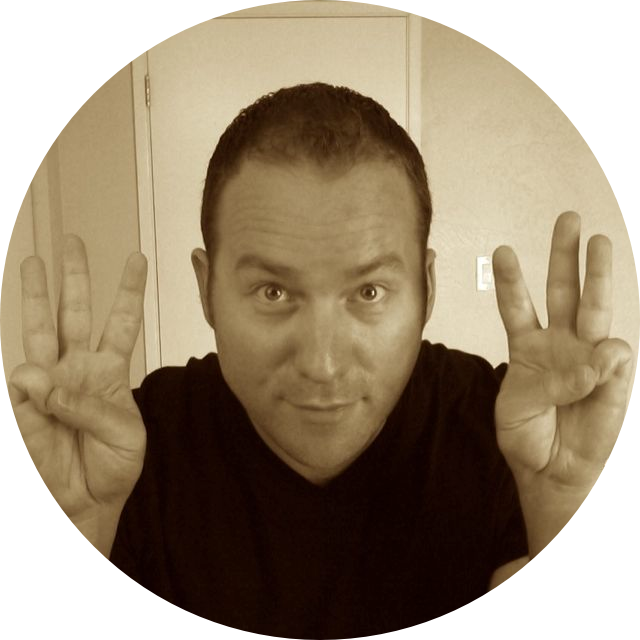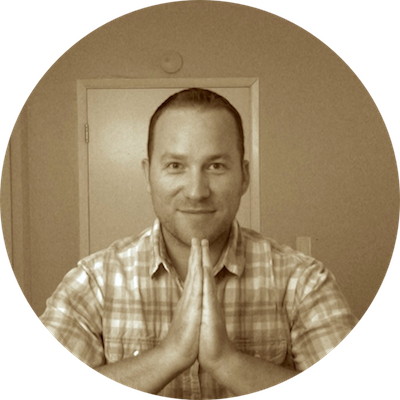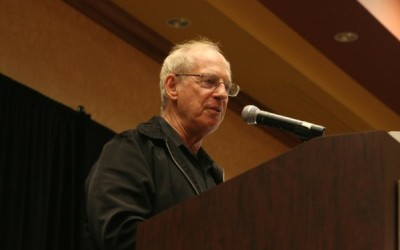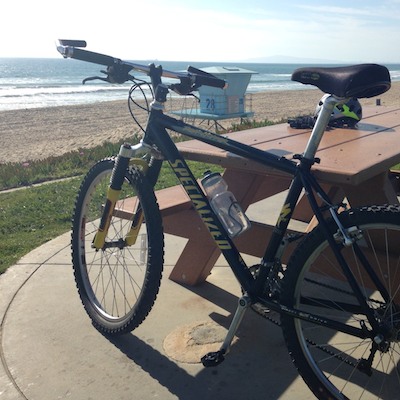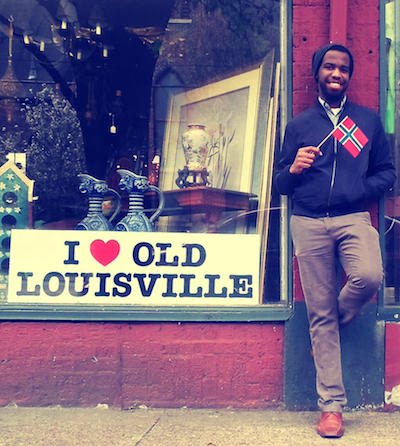5 Psychological Obstacles Standing Between You and Fluency
I spend lots of my time learning and writing about psychology. Most of my favorite language bloggers do the same. But why? Isn’t all this psychology stuff just a bunch of touchy-feely mumbo jumbo? Isn’t the only important thing in language learning how much you study? Time on task is indeed paramount to success, but the quantity of learning (although important) matters far less than the quality. And what determines the impact of your language learning time? Your psychology. Read on to see the five most insidious obstacles standing between you and fluency.
Interview with Stephen Krashen: Linguist, Researcher & Education Activist
Stephen Krashen is one of my heroes. He is a linguist, researcher, education activist, and professor emeritus at the University of Southern California. I have wanted to meet him since I began studying linguistics in university, and finally had my chance at Ming Chuan University’s 2009 “Annual Conference on Applied Linguistics” in Taipei, Taiwan. He then agreed to conduct the following interview via email. Note that this interview was originally only available to newsletter subscribers, but since I am now offering Language Mastery Insiders a new bonus each month, I decided it was time for everyone to have the chance to enjoy Krashen’s unique brand of intellect and humor. Enjoy!
The 5 Reasons I Deleted My Facebook Account
I am on a mission to simplify my digital and offline life this year, and have decided that a big part of that is saying goodbye to Facebook. After carefully weighing the pros and cons, I decided that the downsides far outweigh the upsides, and have just hit delete on my account. Read on to see the five reasons why…
Speaking a Language is Like Riding a Bike
Few of you probably know that long before I was “John the Language Guy” I was “John the Bike Guy”. I got my first real (i.e. non-Huffy) mountain bike in junior high (a beautiful blue GT Tequesta), and my life changed forever. Suddenly, my world was not limited to just the backyard or schoolyard. I could now go anywhere my 12-year-old quads could propel me! Reflecting back 22 years later, I now realize that when learning to ride a bike or speak a foreign language, the key is building robust procedural memories that you never fully forget no matter how long you go without riding or using the language. And how does one go about learning in the first place? There are 3 fundamental principles involved in all physical and psychological transformations…
Interview with Olly Richards
With seven languages under his linguistic belt and an academic background in Applied Linguistics, Olly Richards of IWillTeachYouaLanguage.com has proven that he can both talk the talk and walk the walk. His infectious passion for all things language is a breath of fresh air in the increasingly cynical language learning blogosphere. In the interview, we discuss the under-appreciated importance of psychology in language learning, how he has had to alter his approach to language learning now that he is learning a language in country where it isn’t widely spoken (Cantonese in Qatar of all places!), his experience participating in Brian Kwong’s +1 Challenge (an approach he lovingly refers to as “crowdsourced motivation”), the role of teachers in language education, and the power of “negotiated syllabi”.
Interview with Keith Brooks
Keith Brooks is the man behind Pardon My Norwegian, a site dedicated to “everything cool from Norway from the eyes of a Kentuckian”. Prior to “marrying” the Norwegian language, Keith sampled a number of a potential languages in a project called 37 Languages. His “speed dating” or “taste testing” approach to choosing just the right “significant linguistic other” got picked up by PRI’s The World in 2009 (“Blogging the Love of Language“), and Keith was asked back again in 2010 to report on which language he finally chose to settle down with (“A Language Speed-Dater Gets Serious“). In our interview, Keith: 1) Shares his favorite tips and tools for learning Norwegian online, 2) Confirms that contrary to what many may expect, it is indeed possible to learn Norwegian even in Louisville, Kentucky, and 3) Compares Norwegian with other Scandinavian tongues: ”Danish sounds like Swedish, but is written like Norwegian. Swedish sounds like Norwegian, but is closer to Danish. And then Norwegian, in my opinion, is the best one of them all!”

